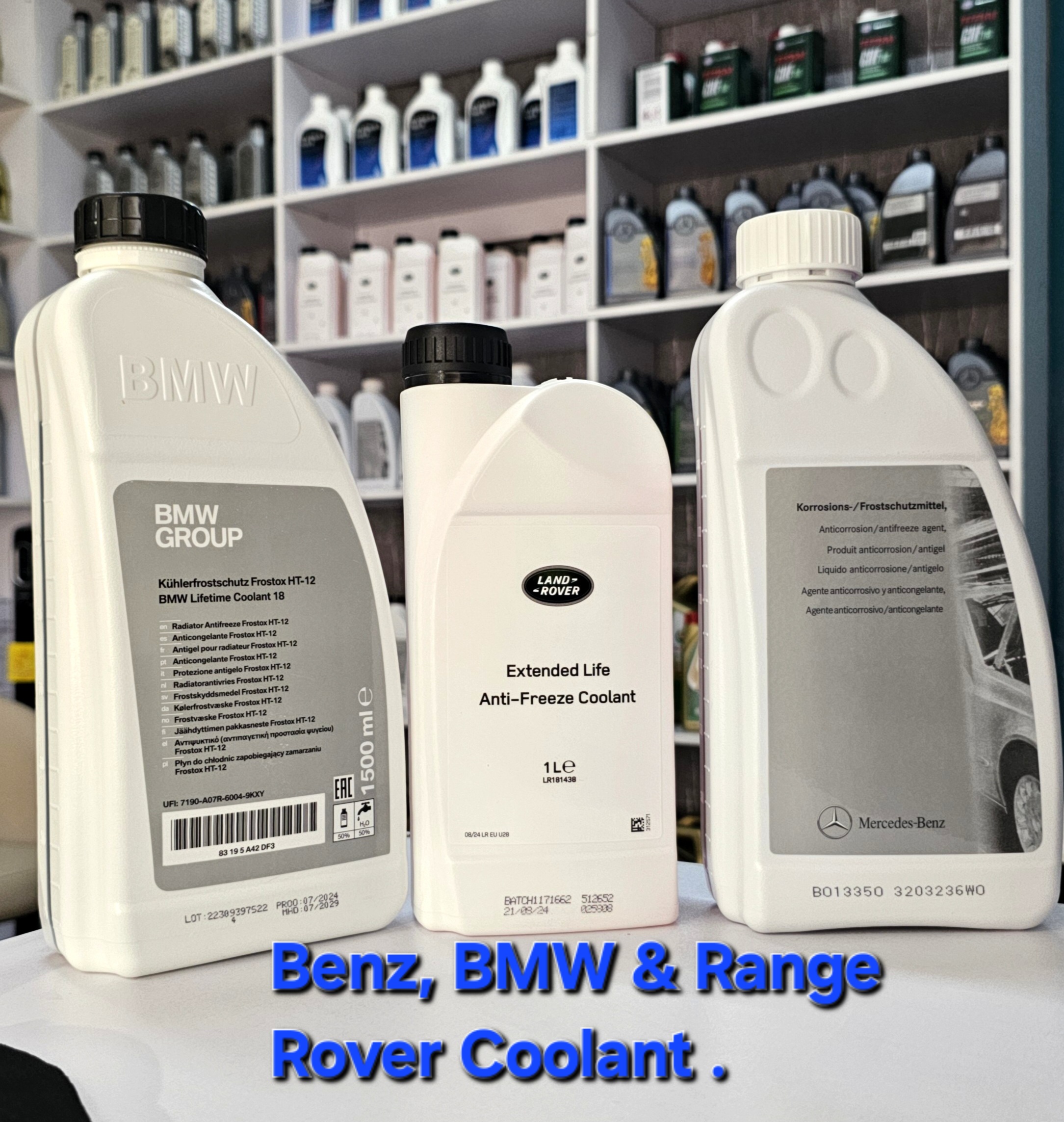How to Professionally Check Your Engine Oil Level

Professionally checking the engine oil level of your car at home is a simple but important task. Here’s a step-by-step guide to do it correctly and confidently – just as a technician would.
1. Park on a Level Surface
Ensure your car is on a flat, level surface. This prevents inaccurate readings caused by oil sloshing to one side.
2. Turn Off the Engine and Let It Cool
- Turn off the engine and wait 5–10 minutes for the oil to settle into the pan.
- If the engine is hot, allow enough time for safe handling and accurate measurement.
3. Locate the Dipstick
- Open the bonnet and locate the engine oil dipstick—usually marked with a bright color (yellow or orange).
- If your car uses an electronic dipstick, check the oil level through the dashboard display menu (refer to the owner’s manual).
4. Pull Out the Dipstick and Clean It
- Pull out the dipstick completely.
- Wipe it clean with a lint-free cloth or paper towel to remove old oil traces.
5. Reinsert and Remove Again
- Insert the dipstick fully back into its tube.
- Pull it out again and check the oil level:
- It should be between the “MIN” and “MAX” marks.
- Oil should look clean and amber-brown; if it’s too dark or gritty, it’s time for a change.
6. Top Up if Necessary
- If the oil is below the “MIN” mark, add the recommended oil gradually, using a funnel.
- Only add small amounts (100–200 ml at a time), and check the level again to avoid overfilling.
7. Final Wipe and Secure
- Wipe the dipstick clean again and reinsert it securely.
- Close the bonnet properly.
Bonus Tip
Always check the oil at least once a month, or before long trips. Use only oil that matches your car manufacturer’s specification—usually found in the manual or on the oil cap.




